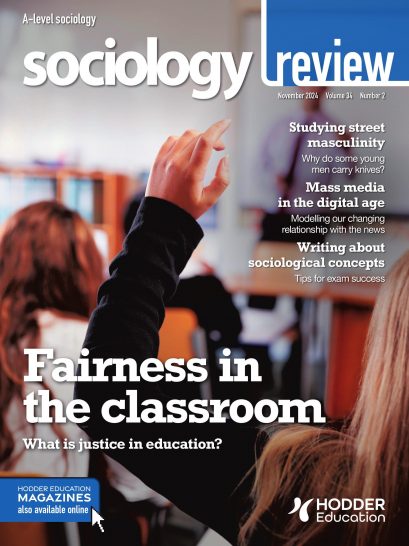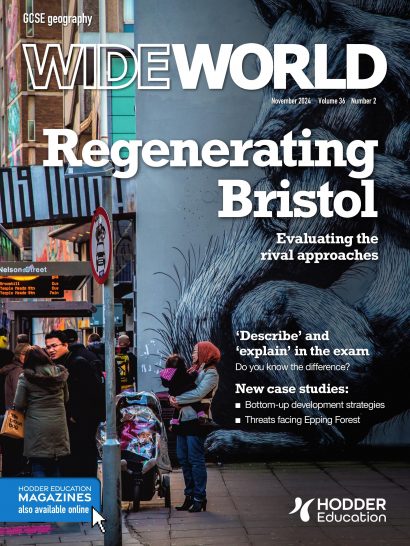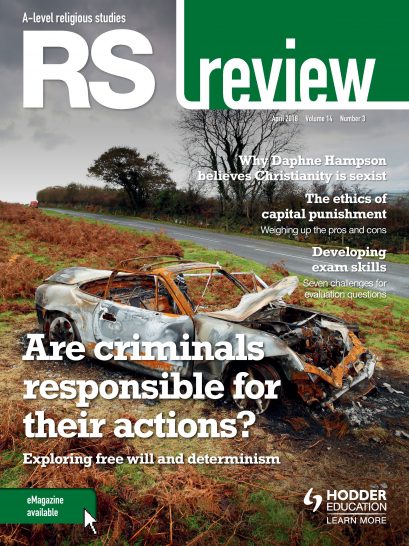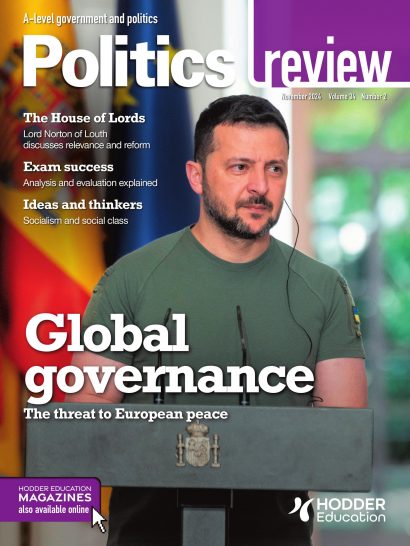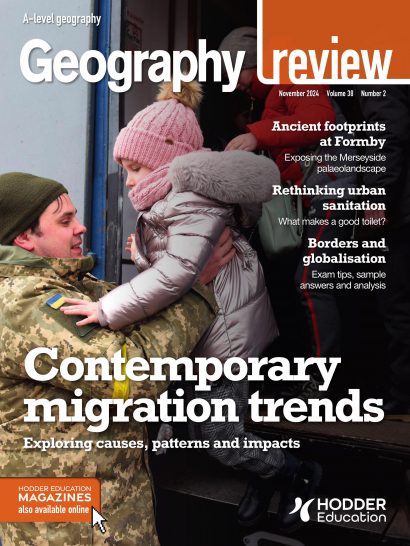
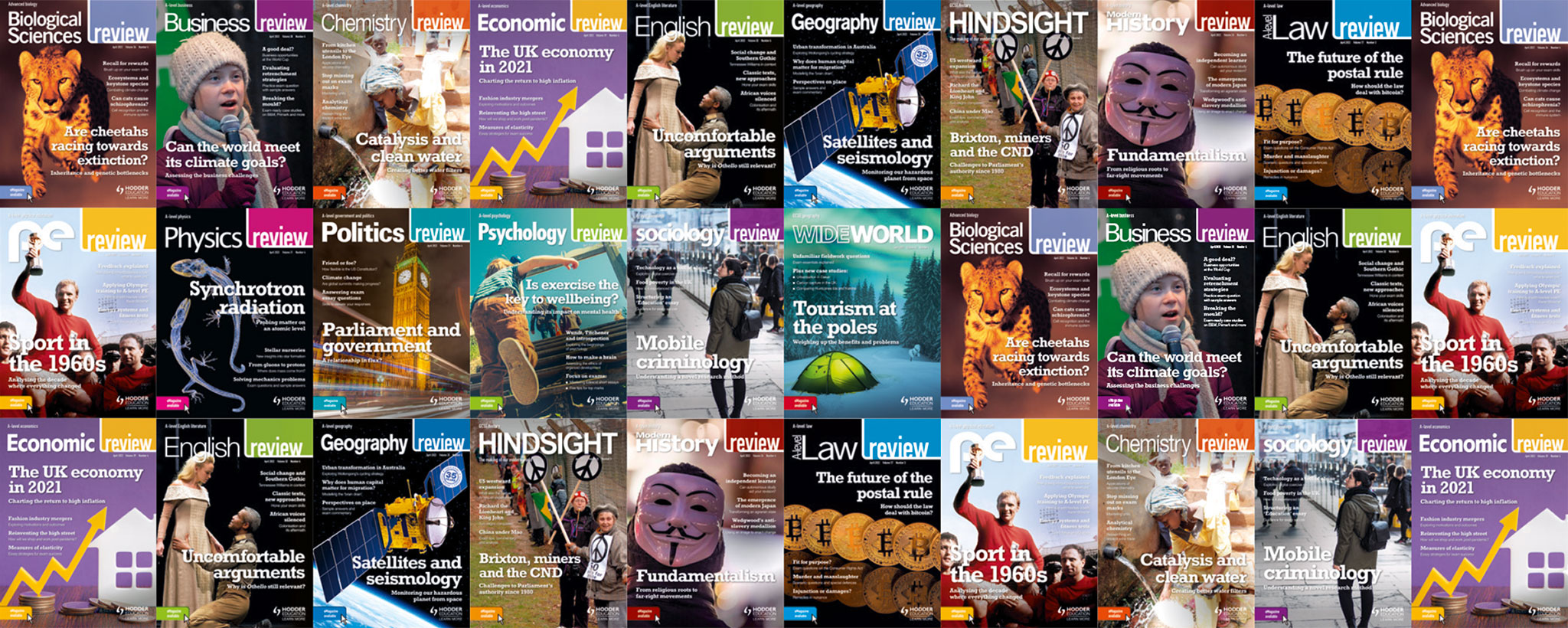
Educational magazines for UK and international schools and colleges
- Explore the range
New to the magazines? Explore sample content for free

Wideworld
The 2022 Pakistan floods
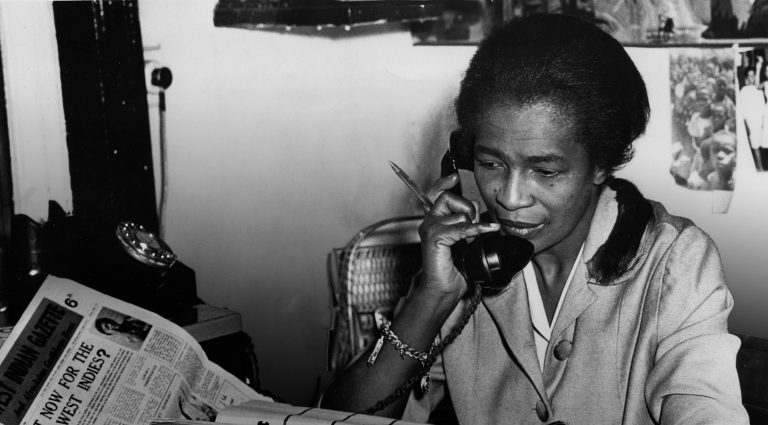
Hindsight
Activism in Notting Hill

Sociology Review
The sociology of love and intimacy: a comparative study

Religious Studies Review
Is there life after death?

Psychology Review
Explaining Milgram: sixty years without consensus

Politics Review
Electing (and ejecting) party leaders

Physics Review
Inside the Sun

Pe Review
The psychology of climbing

A Level Law Review
Evaluating human rights

Modern History Review
The rise of the New Right in America

Geography Review
Conflict in Eastern Europe: the struggle for political influence between Russia and NATO

English Review
The Great Gatsby: Cars, crimes and carnivals

Economic Review
Economics, data and the real world

Chemistry Review
Weaponised insects

Business Review
The future of chatbots

Biological Sciences Review

